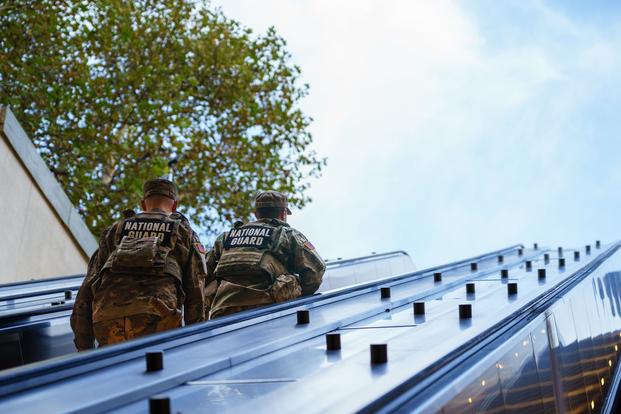Shutdown Rules That Defy Common Sense
Every shutdown forces the government to decide what counts as “essential.” Air traffic controllers and TSA agents fall into that category, so they are required to keep working, though their paychecks are withheld until Congress reaches a deal. Social Security checks continue because those benefits are funded outside the annual appropriations fight. And members of Congress? Their salaries are safe, shielded by the Constitution. What does not continue automatically are military paychecks. Troops remain on duty in combat zones and, more recently, on American streets, but without the certainty of being paid on time.
Billions Abroad, Delays At Home
The contrast is stark. While American families wait, U.S. assistance to Israel flows without interruption. Billions per year is guaranteed under a 10-year memorandum of understanding, insulated from shutdown politics. Since October 7, 2023, the U.S. has given Israel at least $21.7 billion in military aid. The funding moves on autopilot, while a corporal posted outside an ICE facility in Los Angeles may not see a paycheck until the impasse ends.
Congress Always Gets Paid
One of the sharpest contrasts in any shutdown is that lawmakers’ paychecks never stop. For lawmakers, the shutdown is mostly abstract theatre. Article I, Section 6 of the Constitution guarantees this, making them immune to funding lapses. Even when their staff face furloughs, members of Congress continue drawing salaries. For servicemembers waiting on back pay, the optics are difficult to ignore – the very people responsible for the shutdown are the only ones guaranteed a check.

Domestic Deployments In The Spotlight
This shutdown has collided with politically fraught missions. In June, the Pentagon sent Marines and National Guard units to Los Angeles to protect ICE personnel during demonstrations. Similar deployments unfolded in Washington DC. Those soldiers fall under the same rule as troops in Afghanistan once did: show up for duty regardless of whether Congress funds their paychecks.
The ”Pay Our Military” Patchwork
This is not new. In 2013, when a shutdown loomed, lawmakers rushed through the Pay Our Military Act, guaranteeing active-duty and some reserve pay. It was a patch, not a fix. In the 2018-2019 standoff, the DoD kept its payroll running; but the Coast Guard, funded through Homeland Security, went unpaid until lawmakers intervened. Service members on active duty were expected to show up regardless, with no guarantee of timely compensation.
A Fix That Still Is Not Permanent
The latest attempt is the Pay Our Troops Act of 2026, which would guarantee pay during funding lapses. Whether it passes will remain to be seen. Until then, shutdowns keep exposing the contradiction: America can always afford foreign aid and congressional salaries. It can even order the military into American cities. What it cannot seem to guarantee is that those servicemembers – or the families waiting for them at home – will be paid on time.















